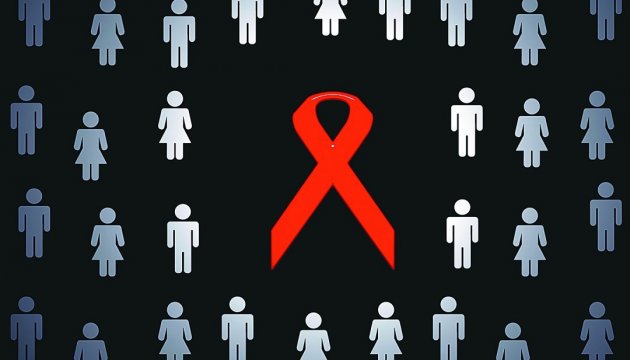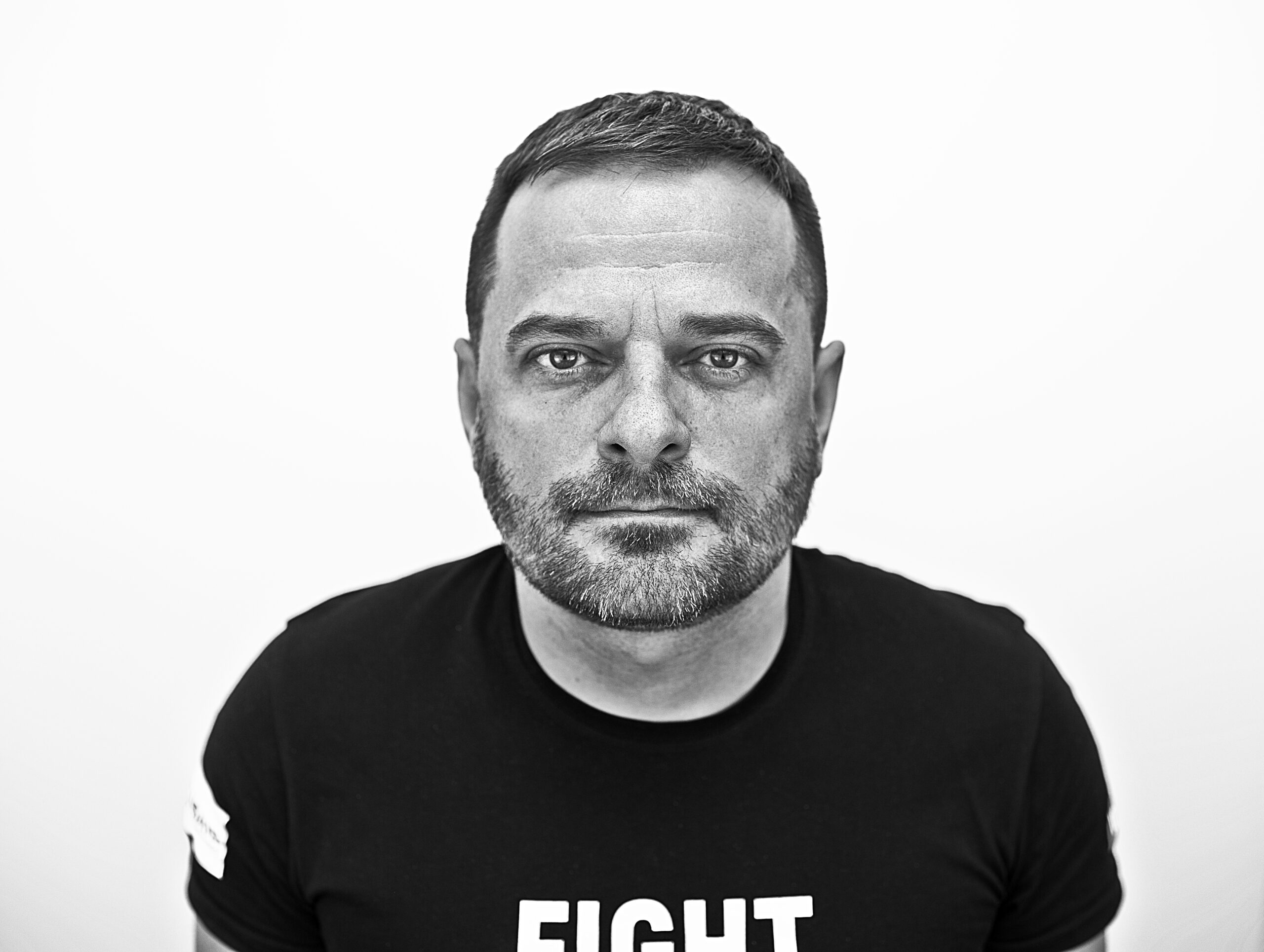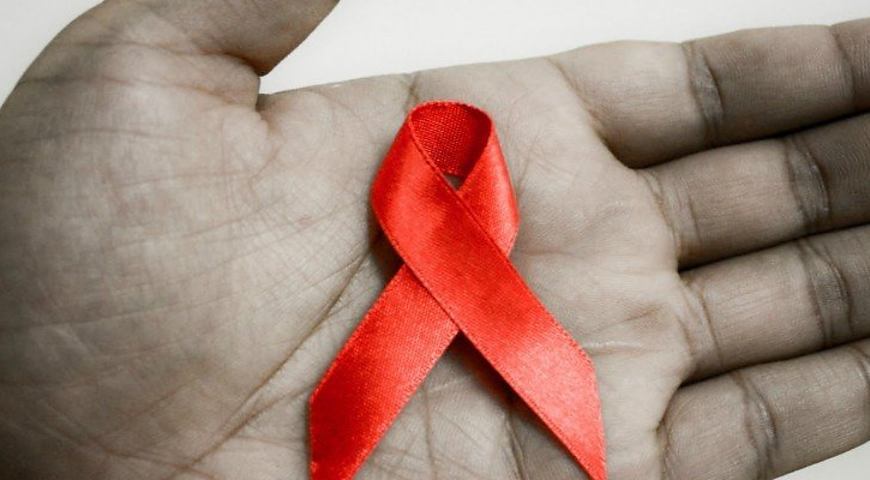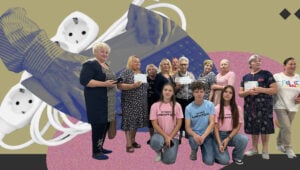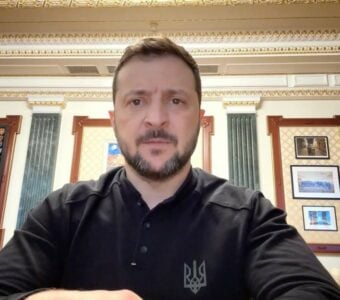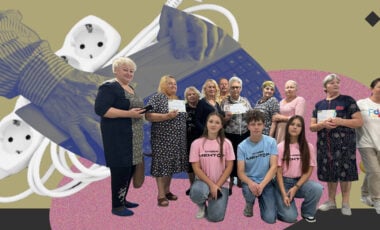Fighting AIDS in Ukraine: how have civic initiatives reduced mortality?
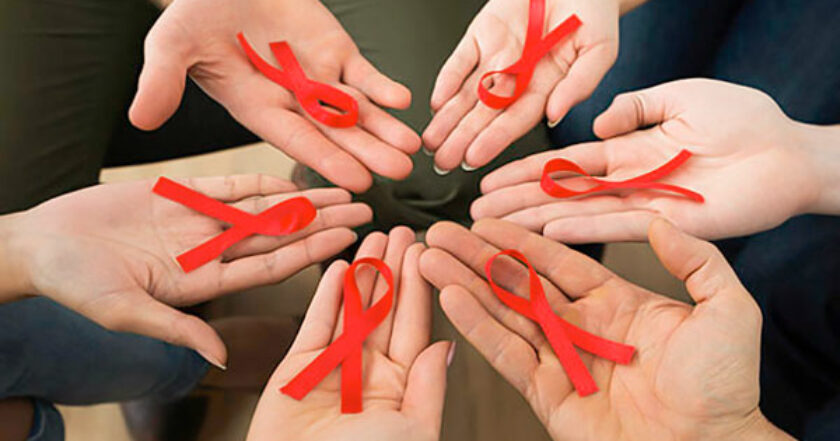
Photo Depositphotos
Every year on December 1, Ukraine and the world celebrate AIDS Day. According to the medical and patient community, today Ukraine is closer than ever to overcome one of the worst epidemics in human history. AIDS is no longer one of the top ten causes of death. However, about 37 million people on the planet still live with HIV. And not all of them know about their status.
What is the problem?
According to the World Health Organization, in early 2020, more than 250,000 HIV-positive people were registered in Ukraine. For them, this disease is no longer a sentence. If you test in time, you can quickly get free treatment. An HIV-positive person who receives daily therapy will have a long and fulfilling life.
According to the head of the Coordinating Council of the 100% Life charity organization Dmytro Sherembei, HIV and AIDS are one disease, but different characteristics of their stages. A person suffers from the human immunodeficiency virus, i.e. HIV, and during the complete, almost total, destruction of immunity comes absolutely total symptoms of acquired immunodeficiency syndrome, AIDS. This is essentially the terminal stage of the disease.
"The only anatomical way to protect the body from various diseases, our shield is immunity," explains Dmytro Sherembei. "Suppose it has a unit of measure. For example, all immunity is a thousand units. It's a standard for very good immunity. It helps to battle various diseases, including colds; it has experience and knowledge of how to overcome them. There is a very primitive disease that not everyone notices because no one knows that we're all carriers of the tubercle bacillus, but it will never harm us, and we will never get TB because the immune system suppresses it, which is enough to protect against external and internal diseases. The specific goal of the immunodeficiency virus is to affect the immune system. It is important to understand that this disease doesn't harm any human organ. The virus acts only on the immune system. What exactly is happening to your immunity? It starts to weaken. You have 900, 800, 500, 300, and fewer and fewer units. And at some point, you have no immunity at all. That is, a common cold or any simple disease can lead to death."
A person can die only because they don't have a basic protection system. This is an important risk. In addition, when the level of immunity drops to 100, completely harmless elements that you carry, begin to come to life in the human body. Therefore, it is very likely that she may develop comorbidities.
According to Sherembei, there are many other diseases that will make it harder for people with HIV to get sick than everyone else. "You become defenseless. You will, of course, be treated for some disease, but in any case, you will have no protection. It's like a house with walls, windows, a roof, a heating system that should protect the house from the cold. And at some point, the windows and doors in the house will be removed, then the heating system will be turned off. Everyone who is in this house will freeze. It's a simple analogy of losing immunity," said the activist.
How does it work?
Dmytro Sherembei, Chairperson of the Coordinating Council of the 100% Life Charitable Organization, has been working on the fight against AIDS for twenty years. According to him, in 2001 in Ukraine, there were zero pills and zero services for people who lived with the immunodeficiency virus. "People had no chance of survival. They had only one option: to go to another country, where theoretically there would be treatment (then it cost from 40 to 80 thousand dollars) and then these people could survive," says Dmytro Sherembei.
At the same time, all state programs for treating HIV-positive people operate in Ukraine today. 120,000 citizens receive the necessary therapy for free, 240,000 receive free services, and they're currently purchased by the state program. Legislation has also been changed and health care reform is in place. In addition, Ukraine is introducing a digital data circulation system in the health care system.
According to the activist, the Ukrainian civil sector is an example for the whole world of how people can change politics, their lives and achieve incredible success.
"From a small group of activists from all over Ukraine in 2001, we've grown into the largest financial and public fund in Ukraine for four years in a row. On average, we attract up to UAH 1 billion a year. Over the past six years, we've brought 502 technical assistance planes to Ukraine: medicines, test systems, equipment for clinics, and intensive care units. Since the beginning of the pandemic, our fund has supplied oxygen equipment to 12 regions of Ukraine and resuscitation equipment to 16 regions. HIV drugs for 120,000 people," said Dmytro Sherembei.
100% Life charitable organization is represented in all Ukrainian regions. Currently, the organization has 18 large projects, shares experience with other patient organizations in Ukraine and abroad.
How does it not work?
Dmytro Sherembei is convinced that there is no countdown in the AIDS epidemic, it will always grow. The only question is the speed of this growth. "Everyone who falls into these statistics falls out of it for only one reason, death. Thus, the global epidemic hasn't stopped, even with all the achievements in Ukraine and the world. It is said that its development rate is reduced to the maximum low numbers. That is, statistically few people are infected. But the epidemic is growing and every next person is an economic burden on the budget and a social burden on society," said Sherembei.
"If Ukraine had treated the health of the population wiser and more efficiently 20 years ago, we wouldn't have had such an epidemic today," said the head of the Coordinating Council of the 100% Life Charitable Organization. "If Ukraine had invested 5 million dollars for treatment programs, there wouldn't be so many infected people today," said the activist.
Today, there are drugs that help control the disease and allow a person to live normally. This is a technology of antiretroviral therapy. One tablet is taken once a day.
"As an example, I've been doing therapy for 18 years. I've been living with the immunodeficiency virus for more than 20 years. This pill does the following: my body currently has a zero viral load. That is, the virus isn't detected during testing, it can't be found in my blood. The pill allows me to manage this disease so that it doesn't ruin my life and I'm completely socially safe. I can't infect other people. If we had a large-scale testing program 20 years ago and given everyone the opportunity to get tested for HIV, we would know the number of people living with this disease. For example, in Ukraine, it would be 10,000 people. We would give them this therapy and the epidemic would have a minimum development rate," Sherembei said.
Everyone in the world who is unaware of their diagnosis can infect one and a half to two people a year. And so the epidemic scales 100 percent annually. In Ukraine, the situation has changed since 2015. For the first time, the country has fully purchased this therapy for all people who need it.
Olha Stefanyshyna, a People's Deputy of the All-Ukrainian Justice Association, has been working with HIV-positive people since 2007. At the beginning of her work, treatment was virtually unavailable in Ukraine, and the state didn't fully fund the program. There were also problems with diagnosing and discriminating against people living with HIV.
"Ukraine has made a giant step forward in this direction. Now you can even test at home by receiving a test kit in the mail or going to a family doctor and getting a test there for free. In case of a positive result, you don't have to wait for drugs; they will be given to a patient immediately. A person in antiretroviral therapy can live a completely normal life, give birth to healthy children, and, with a low viral load, not transmit the virus any further. Today we have one of the lowest prices for therapy and it's the merit of public organizations and activists. It is fully paid for by the state but is procured by international organizations. In the days when the state did, drugs were 27 times more expensive than the same pill now. In addition, international organizations give a guaranteed quality," said Olha Stefanyshyna.
According to the people's deputy, the law on HIV hasn't changed for about ten years. However, there are currently two draft laws in the process of registration, which address the latest approaches to the prevention, testing, and treatment of HIV, as well as the decriminalization of this issue, to reduce the prism of discrimination.
The role of patient organizations in the struggle for every HIV-infected person's life
"We represent the rights of patients in any problem," says Dmytro Sherembei. "For us, it's a process of change and opportunities for HIV-positive people to know for sure that they'll never find themselves in a hopeless situation. It's important for us to know that they'll always have help and a shoulder to lean on. We also help people who are in the terminal stages of the disease at home, when it is a palliative patient, and our social workers will accompany them. All services we provide in Ukraine are free. We work with international major donors and our organization has a very high rating of trust and the ability to manage resources."
The 100% Life charitable organization is the largest patient public organization in Ukraine. Its mission is to fight for life. The network works with and for patients, including representing the interests of people living with HIV in 25 regions of Ukraine. The organization has been operating since 2001 and is the main recipient and executor of projects of the Global Fund and USAID in Ukraine. 100% Life is a leading partner of the state in implementing health care reform and the developer of the eHealth system. In 2016, the organization received the PEPFAR award for best partnership and became the largest philanthropist in the country in 2016 and 2017 according to the Ukrainian Philanthropist Forum. Every year, the Network provides services to more than 190,000 patients, 90,000 of whom are people with HIV.
The article was prepared based on the program "Activation with Liudmila Tiagnyriadno", which is broadcast on Ukrainian Radio and Radio Culture.
Listen to the broadcast: https://cutt.ly/VYrjjox
Watch the program: https://cutt.ly/KYrh5zM



